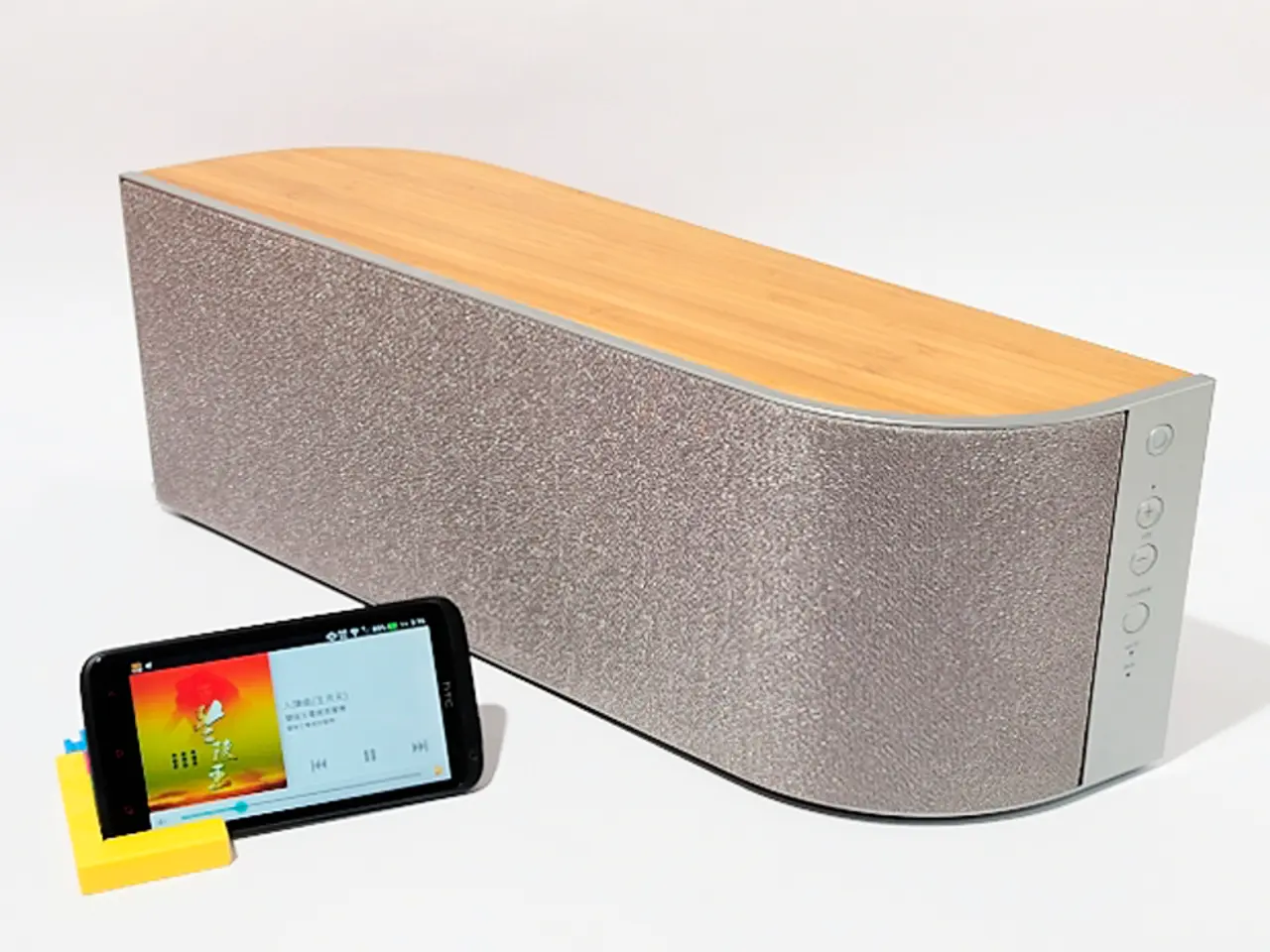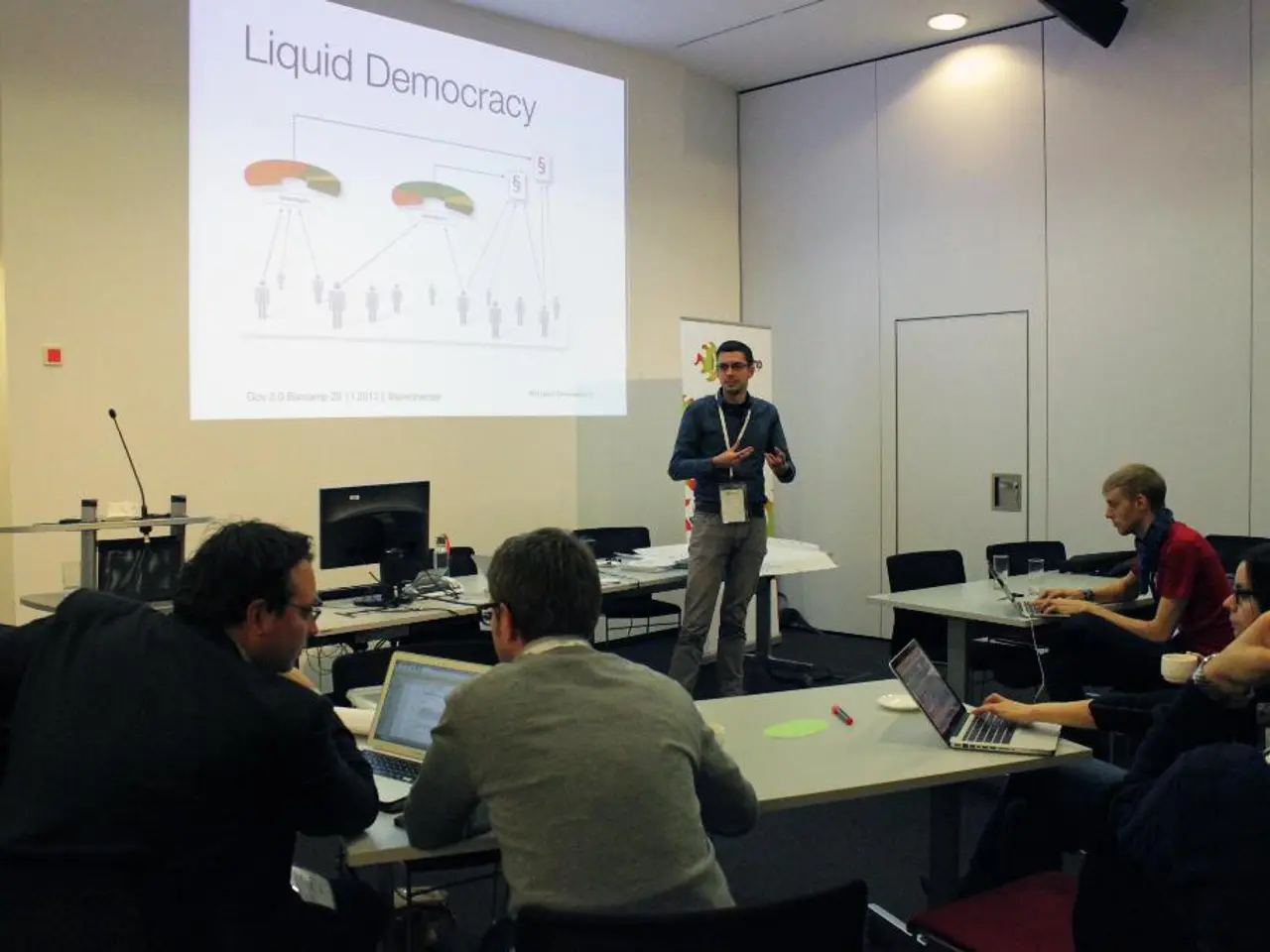Volvo accelerates delivery pace of the EX30 model in Europe
In an effort to address long waiting times and tariff-related issues, Volvo has decided to shift the production of its popular EX30 electric car from Zhangjiakou, China, to Gent, Belgium. This change, which started in early 2025, is expected to significantly improve the delivery times for European customers and make the vehicle more price competitive in the US market.
The EX30, which was once Europe's third best-selling electric car in 2024, has seen a significant drop in registrations during the first half of 2023. The decline was primarily due to long waiting times caused by production disruptions linked to the transition, as well as increased tariffs on Chinese-made vehicles. The tariffs, which range from 10% to 28.8% in the EU, markedly increased the cost of the EX30, dampening customer demand and sales momentum.
By building the EX30 in Europe, cars destined for European customers no longer face import delays or Europe's tariffs on Chinese imports. This change is expected to lead to faster deliveries and the potential for lower prices. For the US market, producing the EX30 in Belgium rather than China also helps reduce tariffs, improving the vehicle’s price competitiveness there as well.
Europe's chief, Arek Nowinski, aims to increase the number of vehicles in stock to keep up with demand. As of the current date, the wait time for new orders of the EX30 is six to seven months. However, built and stocked models can be delivered within a week, even in Germany where a newly configured and ordered EX30 has a wait time of at least six months.
Volvo's CEO, Hakan Samuelsson, expressed hope that the EX30 will return to its pre-EU decision sales results. He finds it difficult to make a profit with the current tariffs, making exporting the EX30 from China unsustainable.
In summary, the shift of the EX30's production location from China to Belgium has reduced wait times for European customers and is expected to improve the vehicle's price competitiveness in both Europe and the US. However, the impact of the tariffs on the EX30's production costs or pricing remains unclear.
The relocation of the EX30's production from China to Belgium not only decreases wait times for European customers, but it also has the potential to lower prices due to the elimination of tariffs on imported vehicles. Furthermore, this change in production location improves the vehicle's price competitiveness in the US market by reducing tariffs as well.




